Smack in the middle of less than a plot of land sits Peace and Progress Nursery and Primary School in Ajangbadi, Lagos State. The building itself is merely two classrooms with decrepit windows, and no doors. Whenever it rains, holes in the roof allow water pool across the dirt floors. Here, the educational standing of most of the 30-odd pupils is just as grim as the structure in which they learn. The children must come with their chairs and tables, which explains the mish-mash of furniture. If a school can be said to be for the poorest of the poor, then Peace and Progress, with its many barefooted pupils, has a rightful claim.
A few kilometers away lies Tommy Private School, Ikeja; housed in a tidy, white, two-storied building with a red roof that gleams in tandem with its swanky surroundings. Air-conditioned classrooms are adorned with flowers in vases along spacious corridors, which overlook dozens of mint-new Toyotas and Benzes waiting in the car park. The pupils here are similar to their school, with some wearing prescription glasses, all looking smart, exuding confidence and elegance.
Juxtaposed, these scenarios provide the most tangible visual of Inequality in Nigeria’s educational system. Versions of Peace and Progress versus Tommy are abundant across Africa’s most populous nation, from the remotest village to the bustling State capitals. Currently, nothing suggests that the gaps in education will close any time soon. If anything, the situation is likely to get worse, in line with the broadening gulf between the rich and the poor in contemporary Nigerian society, as this country struggles to come out of an economic depression.
Over the years, corruption, complemented by prebendalism within successive military and civilian governments has caused a steady decline in the public school system. The education landscape today undeniably shows a rise in high-fee-paying schools that cater to the minority rich elite and low-cost private schools (LCPs) regarded as the base of the pyramid schools (BOP), which cater to the poorest households.
Advertisement
Despite the fact that the Child Rights Act guarantees basic education for the first nine years of schooling, prohibitive fees continue to keep children out of school, with even the cheapest LCPs still out of the reach for the majority of Nigeria’s poor. In 2008 UNESCO reported that four-fifths of the poorest young people had not completed primary school, compared with just one-fifth of the richest. Wealth divides are further aggravated by gender in northeastern Nigeria, where 9 out of 10 young women have not had the chance to complete primary school. By 2012, Nigeria became notorious for having the largest number of out-of-school children in the world. UNESCO sums up its verdict thus: “long-term education inequalities in Nigeria have left a large proportion of young people without skills they need to find well-paid, secure work.”
It is obvious that this markedly separate and unequal educational system will produce greater inequality in virtually all aspects of life for Nigerians, specifically because poverty remains inherently transferrable across generations.
Invariably, students from well-heeled homes in “Ivy League” schools will always have better job opportunities than those who graduated from LCPs. They will automatically have a better chance of making it in life than their less privileged counterparts for the foreseeable future because as author Corydon Ireland wrote: “if Inequality starts anywhere, many scholars agree, it is with faulty education.”
On the other hand, Corydon argues that a strong education system can indeed, “act as the bejeweled key that opens gates through every other aspect of Inequality, whether political, economic, racial, judicial, gender or health-based.”
Advertisement
So, with the rising inequality in schools, what can be done to remedy the current imbalance in the educational sector? First, government must respect, protect and most importantly fulfill the right to free education. Government must not only allocate more resources to education but also monitor quality standards and outcomes for pupils. This is a necessity because the State cannot absolve itself from its greatest responsibility by unwittingly delegating the provision of education to private school bodies.
Above all, to put an end to Inequality in education, Nigeria must combat the gender factor, ensuring all children, irrespective of their sex and the circumstances of their birth, have access to free education. Nigerians of a certain generation remember vividly the early years of free education in the Western Region. A remarkable development was that then, Idi-oro was part of the Western Region but Ikoyi was not. Residents relocated from Ikoyi to Idi-oro, just so their children could benefit from the free education program. Moreover, most institutions at the time were all public and missionary schools with comparably excellent standards. The reason many families in that generation moved up the career ladder was because access to quality and affordable education was not determined by socio-economic circumstances, as is the case today.
The principles remain the same: until sociocultural, political and gender-based barriers to education are demolished, Inequality will remain the hallmark of Nigeria’s education system, rather than the exception.
Akosa is a lawyer, researcher and a gender and social inclusion expert. The bulk of her work is centred on Environmental Sustainability, International women’s right and stakeholder engagement for voice, accountability and inclusive participation. This piece is part of the OXFAM EvenItUp campaign series.
Advertisement
Views expressed by contributors are strictly personal and not of TheCable.
1 comments
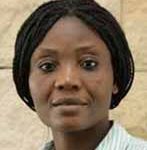
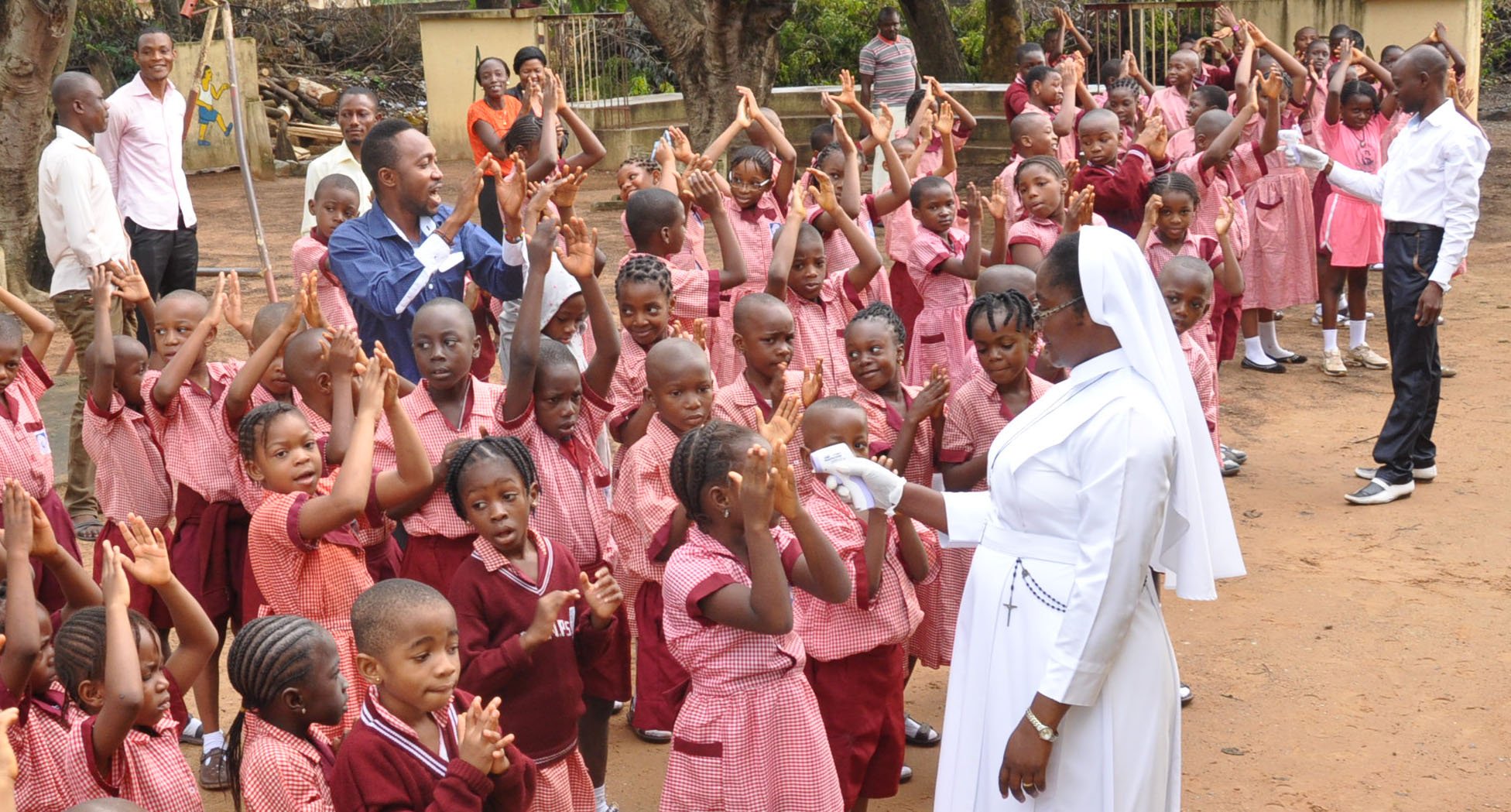

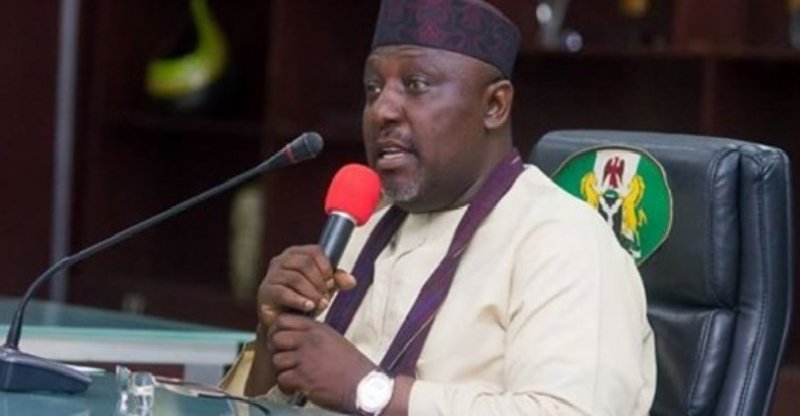
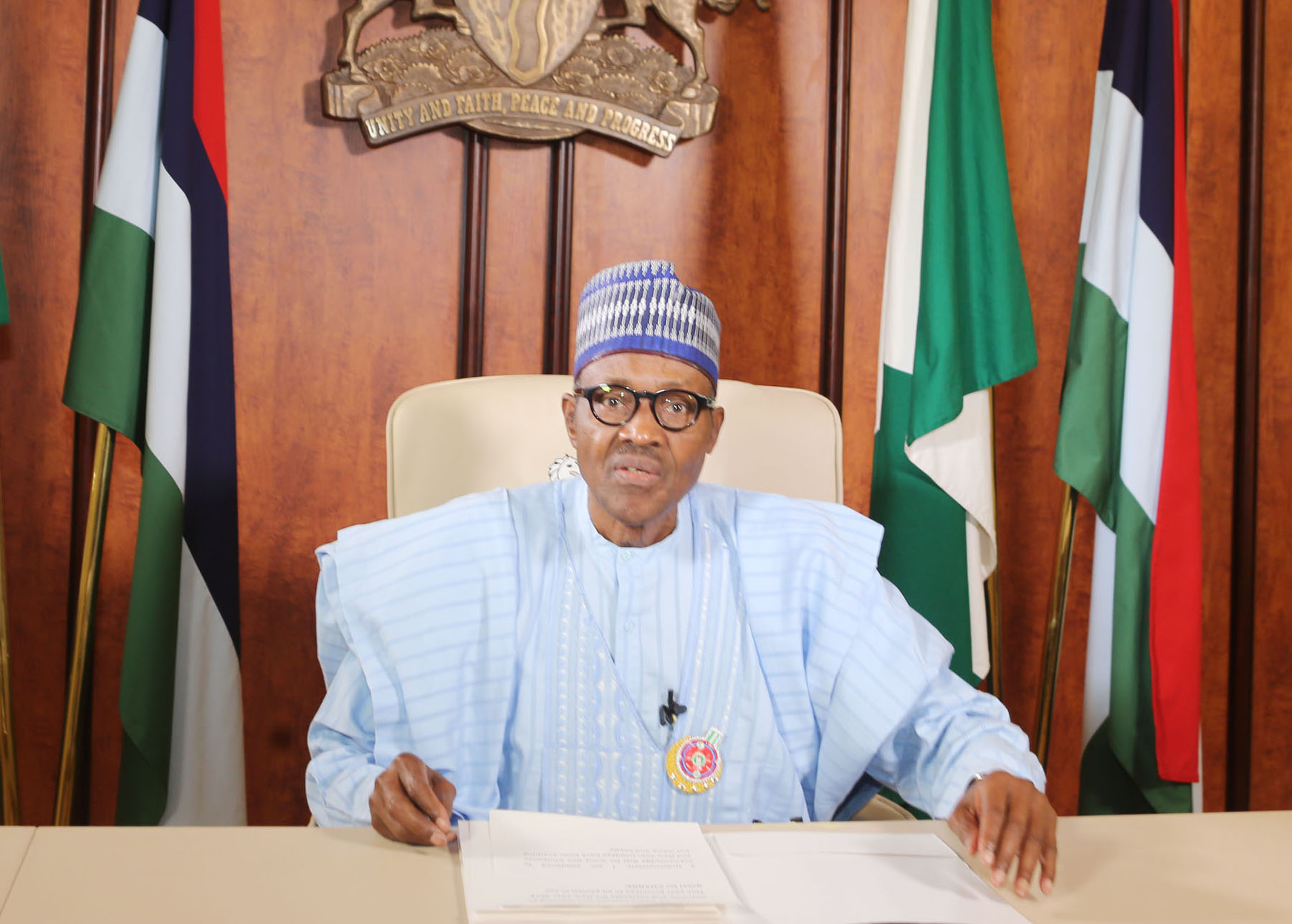
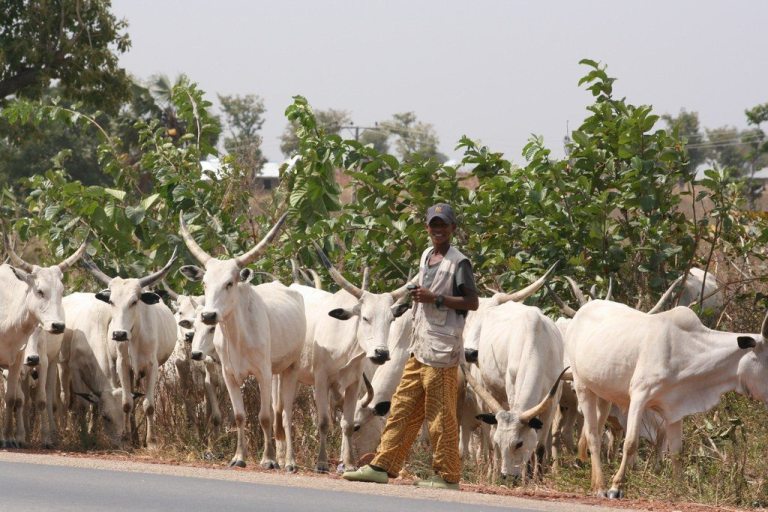
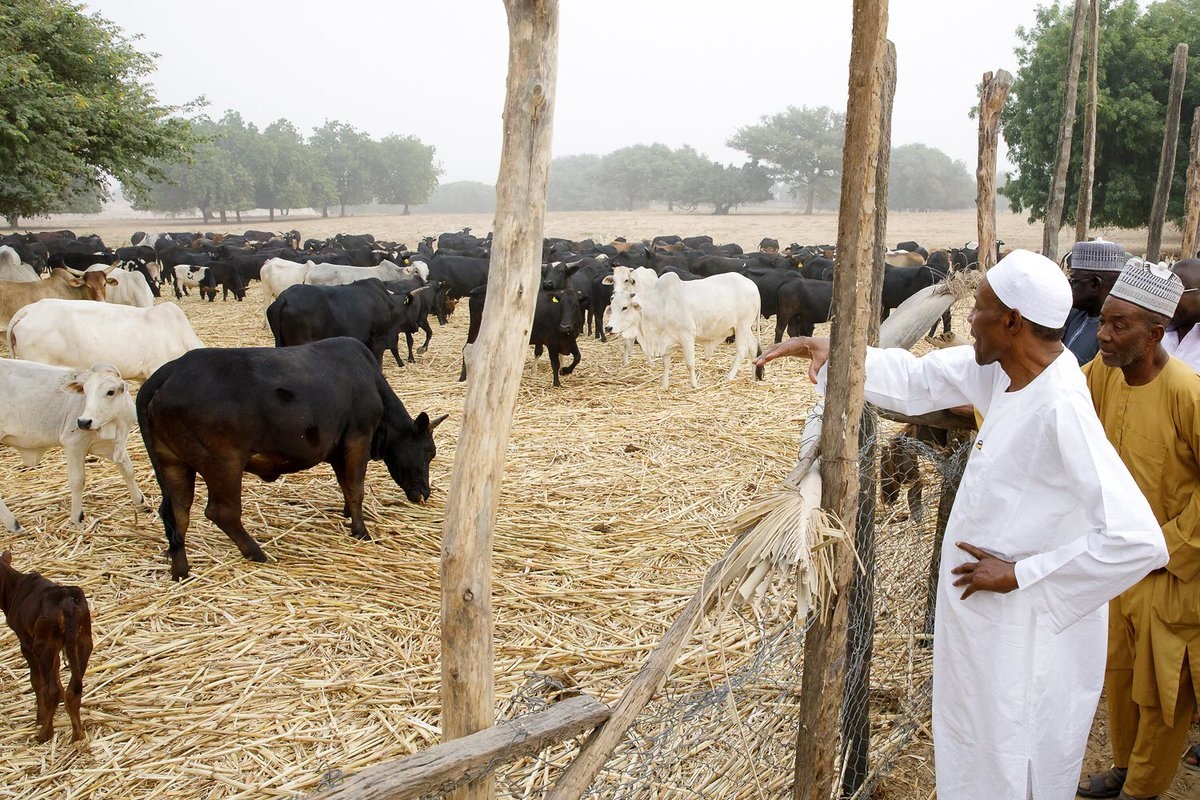
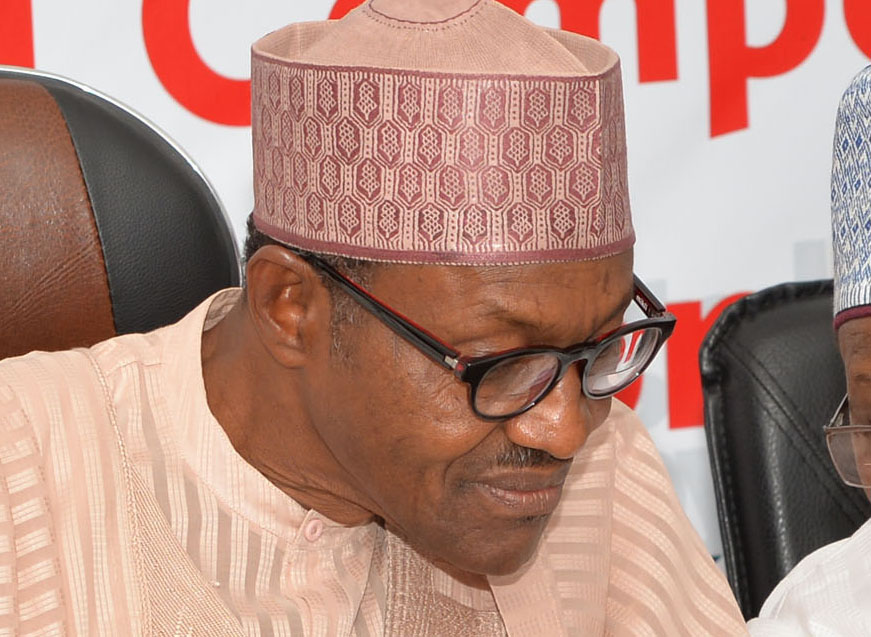
Good observation. in the past the children of both the rich and the poor share same classes and mingle which helped the society alot but reverse is the case now…